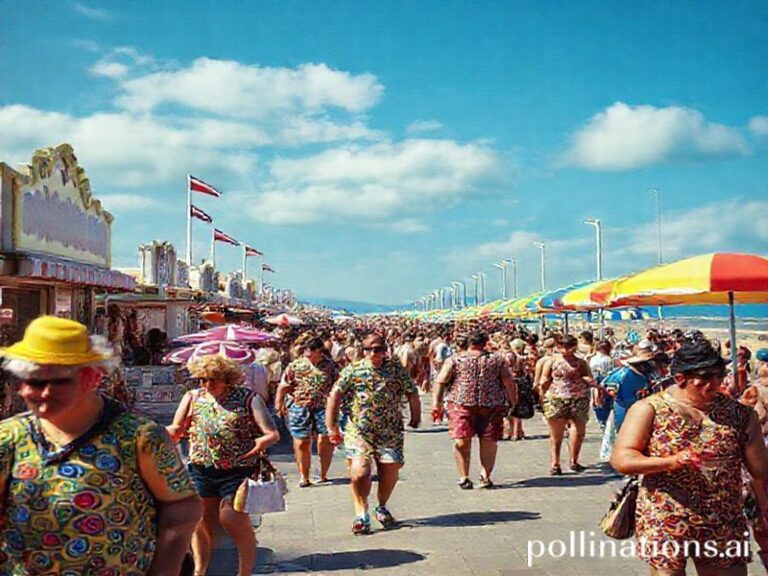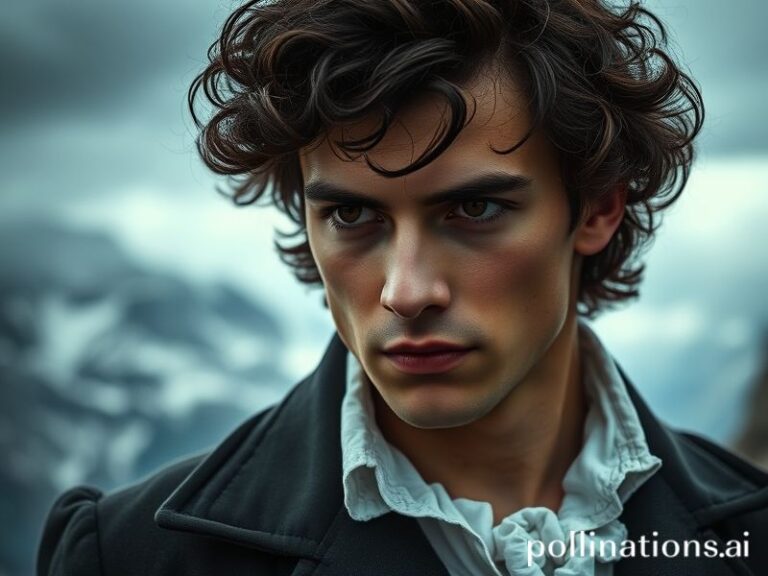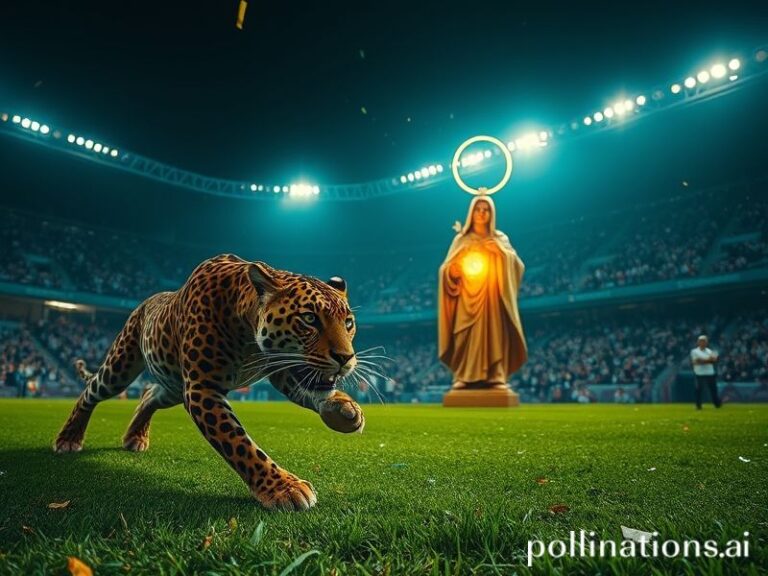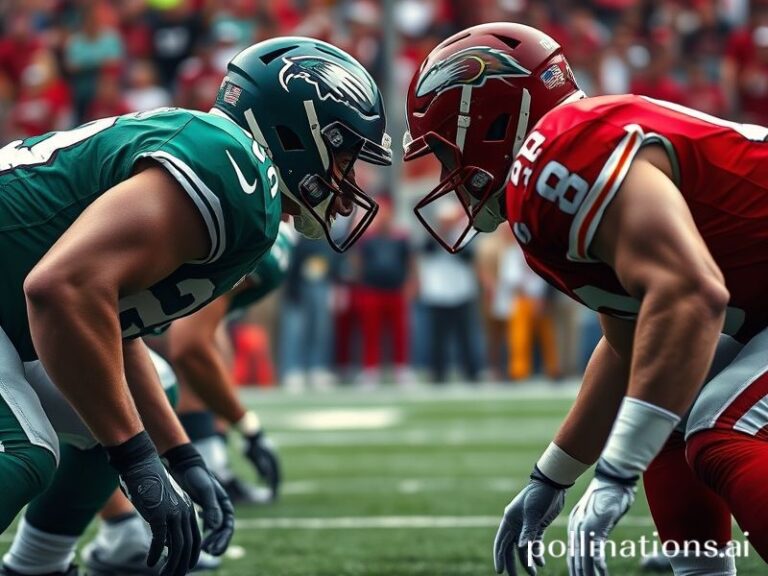Hunter Doohan: The World’s Favorite Creep Unites Humanity Through Moral Ambiguity
**The Global Phenomenon of Hunter Doohan: How a Nice Boy from Arkansas Became the World’s Favorite Creep**
In the grand theater of global entertainment, where streaming platforms have become the new colonial powers and algorithms serve as modern-day conquistadors, Hunter Doohan has emerged as an unlikely cultural ambassador. The 29-year-old Arkansas native’s journey from community theater to becoming Netflix’s poster boy for morally ambiguous characters represents everything wonderfully absurd about our interconnected age.
While diplomats struggle with international relations and economists fret over global supply chains, Doohan has quietly achieved what foreign policy experts can only dream of: unanimous global consensus. From Tokyo to Timbuktu, audiences agree that this fresh-faced actor with the disarming smile makes an excellent psychopath. It’s perhaps the only thing the world agrees on these days, which says either something profound about art’s unifying power or something deeply troubling about humanity’s collective psyche.
Doohan’s breakout role in “Wednesday”—playing a barista/murderer/possible love interest in Tim Burton’s Addams Family reimagining—proved that international audiences share remarkably similar tastes in fictional homicidal baristas. The show’s billion-hour viewing milestone (a metric that sounds made up but apparently isn’t) suggests that global viewers find solace in watching attractive young people solve murders while navigating teenage angst. It’s comfort food for the modern condition, seasoned with just enough darkness to make us feel sophisticated.
The actor’s subsequent projects reveal our era’s peculiar appetite for attractive antagonists. In “Your Honor,” he played the son of Bryan Cranston’s judge character, essentially reprising his role as “troubled youth with complicated morals” but with prestige television credentials. International audiences, apparently exhausted by their own countries’ political dramas, have embraced American moral ambiguity as escapist entertainment. Nothing says “relaxation” quite like watching someone else’s ethical compromises from the comfort of your couch.
What makes Doohan’s rise particularly fascinating is how perfectly he embodies our moment: wholesome enough for Middle America, twisted enough for international markets, and accessible enough for algorithmic recommendation engines. He’s the human equivalent of a perfectly calibrated Netflix thumbnail—familiar yet intriguing, safe but with an edge. In an era where content knows no borders but cultural translation remains tricky, Doohan serves as a universal language of unease.
The global implications are staggering. While traditional soft power declines and cultural diplomacy falters, American streaming services have achieved what the State Department never could: worldwide cultural influence through attractive young actors playing disturbed characters. Doohan’s face—innocent yet somehow unsettling—now represents American cultural exports more effectively than any blue jeans or rock band. It’s democracy delivered through derangement, soft power through psychological complexity.
Meanwhile, the actor himself navigates fame with the practiced nonchalance of someone who grew up performing. His social media presence—carefully curated glimpses into a normal-seeming life—provides the perfect counterbalance to his on-screen intensity. It’s a performance of authenticity for an audience that simultaneously craves genuine connection and delicious deception. The irony, of course, is that playing disturbed characters has made him appear more well-adjusted by comparison, a paradox that would make Jung proud and Kafka jealous.
As the world continues its slow dance with various apocalypses—climate, political, economic—audiences increasingly turn to stories that reflect their anxieties back at them through a safely fictional lens. Hunter Doohan, with his particular brand of approachable menace, has become the face of our collective unease. He’s the boy next door who might also be a serial killer, the perfect metaphor for an age where institutions feel simultaneously familiar and threatening.
In the end, perhaps Doohan’s international appeal reveals something profound about our global condition: we’re all just looking for someone who understands our darkness, even if he’s fictional and probably plotting our demise. It’s not much, but in these fractured times, it’s something we can all agree on—assuming we survive long enough to stream another season.







